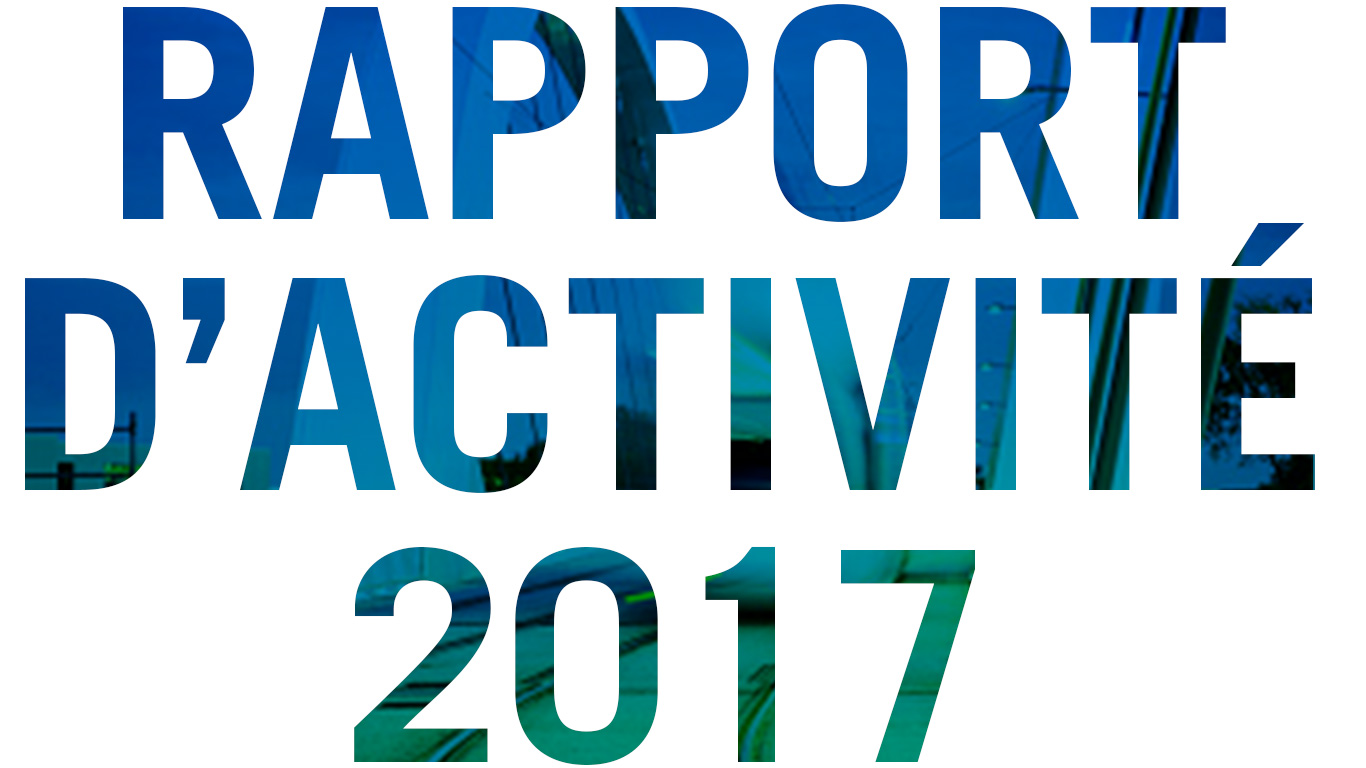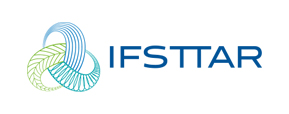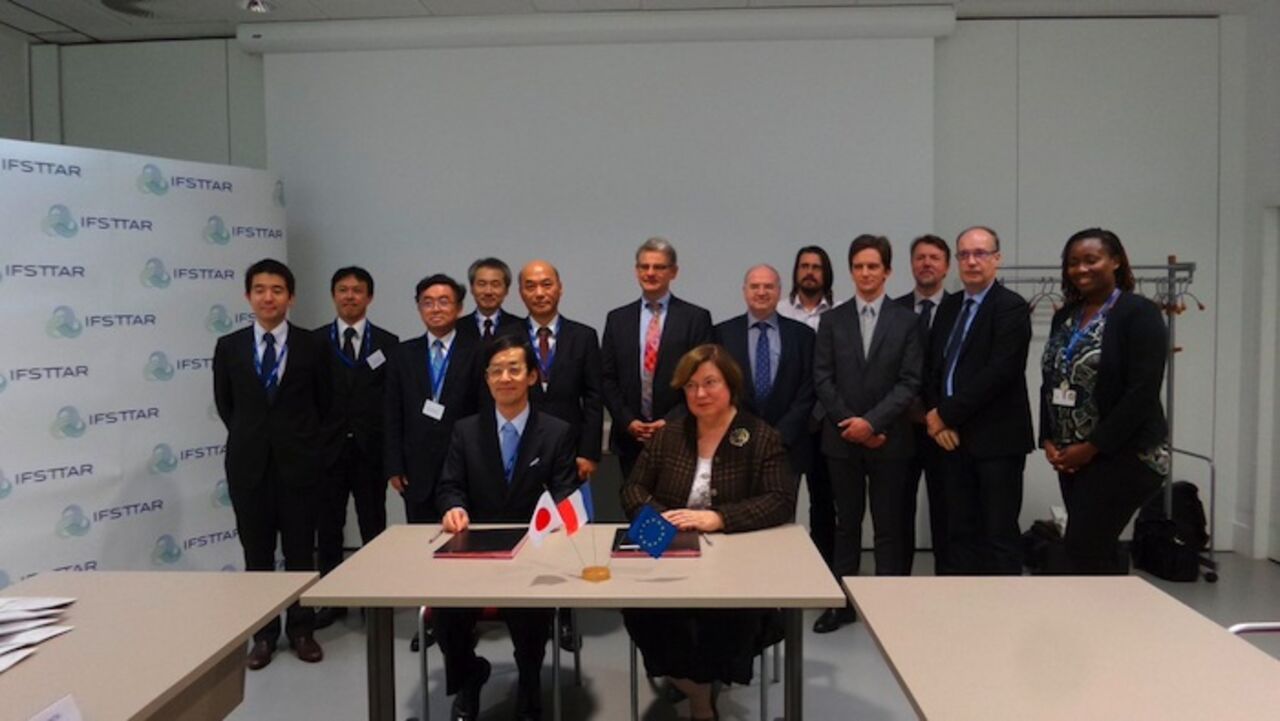International and national networks
IFSTTAR takes part in networks in order to benefit from scientific synergies in a variety of research areas.
International partnerships
These grow and become stronger over time. They are now implemented through bilateral partnerships with organisations (research institutes, universities, ministries, private operators such as the World Bank for air pollution) in 18 countries. The resulting activities take different forms that nurture research and its exploitation. In particular, they enabled 32 foreign researchers to join IFSTTAR in 2017.
In 2017 the most extensive and diverse activities were with Japan thanks to numerous partnerships, notably with the PWRI (Public Works Research Institute), the PARI (Port and Airport Research Institute), and the universities of Tokyo, Kyoto and Kwansei Gakuin. A four-year framework agreement was signed with RTRI (Railway Technical Research Institute) providing a framework for researcher mobility and facilitating the joint publication of collaborative work.
Several scientific events were held in 2017, notably the Concrack scientific seminar (MAST department) in Tokyo on 24-26 April on the occasion of the publication in English of the revised version of the recommendations of the Japan Concrete Institute (JCI), the France-Japan scientific seminar on psychology (social, cognitive and ergonomic) applied to transport (steered by COSYS) and a week of discussions on natural disaster reduction from 2 to 6 October 2017 organised by the French Embassy in Tokyo.
At the European level, IFSTTAR teams responded to the H2020 calls for projects and achieved the excellent success rate of 22%. Through these projects, the Institute is diversifying its partners and continuing to build its activities on two pillars of the Framework Programme: "scientific excellence" and "responding to societal challenges". A dozen influential contributions for the next European framework programme have thus been co-authored by the researchers involved at different levels of working groups, and expert groups and at the institutional level.
National Partnerships
IFSTTAR engages in various forms of partnership in order to harness scarce expertise and anticipate future needs. These partnerships do not necessarily take the form of jointly-managed research units or joint teams. They may also be set up by an agreement or framework contract, making it possible to maintain contacts between research teams with the same scientific interests. With this in mind, the framework agreement with MétéoFrance was extended at the end of 2017 and regular meetings are held for those involved, who include CEREMA, BRGM and INERIS.
Within a more institutional setting, IFSTTAR plays a leading role in the Allenvi Research Alliance for the Environment, in particular with regard to the urban environment and mobility, and is involved on a long-term basis in developing scientific policies for each of its sites. The year 2017 was marked by the selection of the I-Site Future project for the Marne-la-Vallée site but also by the I-Site Next projects in Nantes and the I-Site and IDEX developments in Marseille, Lyon and Lille, in which IFSTTAR is a partner.


